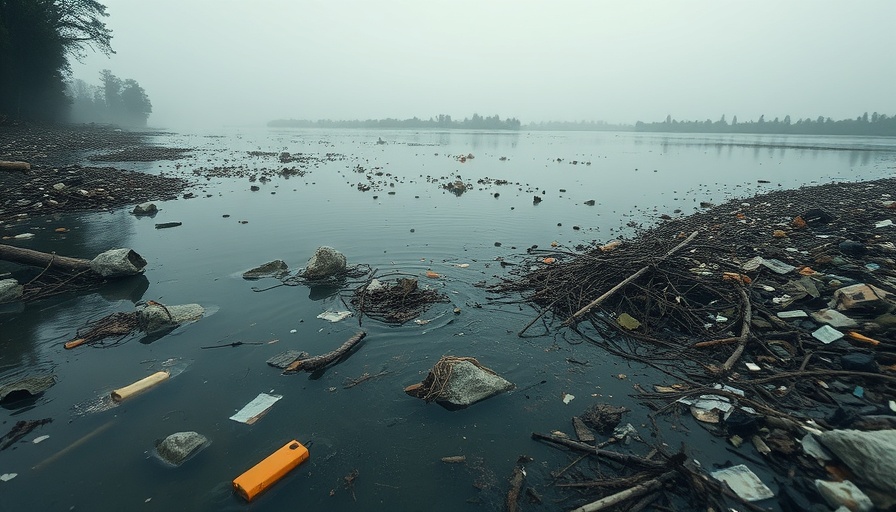
Rivers at Risk: The Untold Impact of Antibiotic Pollution
New research highlights a concerning trend affecting waterways worldwide. Millions of kilometers of rivers are becoming contaminated with antibiotics at levels threatening both aquatic life and human health. A study from McGill University reveals a staggering 8,500 tons of antibiotics enter river systems each year, representing nearly one-third of global consumption from human use alone.
The Threat of Drug Resistance
Although individual antibiotic residues might be difficult to detect due to their small concentrations, the cumulative exposure poses significant risks. Lead researcher Heloisa Ehalt Macedo emphasizes that continued environmental exposure can lead to ecological imbalances and contribute to the rise of drug-resistant bacteria. This paints a grim picture: as our reliance on antibiotics grows, so too does the possibility of generating "superbugs" in our waterways.
A Global Perspective
Focusing on areas like Southeast Asia, the study indicates that limited wastewater treatment facilities exacerbate this issue. Amoxicillin, recognized as the world’s most widely used antibiotic, frequently appears in troubling concentrations, especially where healthcare practices are rapidly advancing yet environmental safeguards lag behind.
Looking Ahead: Mitigation and Monitoring
Importantly, the study urges that this antibiotic contamination is not a reason to reduce the use of antibiotics in healthcare but highlights the need for better management and monitoring strategies. Researchers call for enhanced surveillance of water systems to better understand and mitigate these risks before they lead to more significant public health challenges. Environmental engineering professor Jim Nicell stressed that considering contamination from livestock and pharmaceutical factories would heighten the apparent risk, underscoring the urgency to act.
Conclusion: The Growing Need for Action
The contamination of rivers with antibiotics represents a critical environmental issue that needs attention and action. Addressing this will not only help protect aquatic ecosystems but also safeguard human health as antibiotic resistance becomes increasingly prevalent. As communities learn more about this issue, there is a growing impetus for responsible antibiotic use and wastewater management practices to reduce these unintended consequences.
 Add Row
Add Row  Add
Add 




 Add Row
Add Row  Add
Add 


Write A Comment